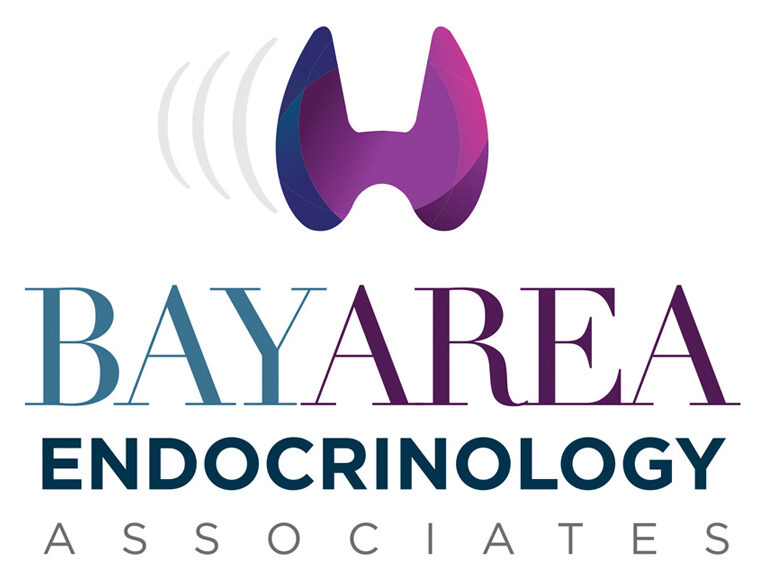Hashimoto’s disease also called Hashimoto’s thyroiditis, is an autoimmune medical condition where the immune system turns against the body. In the case of Hashimoto’s, the immune system goes after the thyroid, leading to inflammation and interfering with its ability to produce thyroid hormones. Hashimoto’s oftentimes results in hypothyroidism (reduced thyroid function).
What Is Hypothyroidism?
A condition called hypothyroidism occurs when the thyroid doesn’t produce enough hormones that the body needs. The thyroid gland is located at the front of the neck. It makes hormones that control the body’s metabolism. These hormones affect heart rate and how fast the body uses calories from food.
What Causes Hashimoto’s Thyroiditis?
The factors thought to contribute to Hashimoto’s thyroiditis include:
Genetics: People with Hashimoto’s often have relatives with thyroid conditions or other autoimmune disorders.
Hormones: Hashimoto’s is diagnosed in about seven times as many females as males, in both Tampa and across the United States. Due to this large difference, sex hormones are thought to play a role.
Too much iodine: Iodine is needed by the body to make thyroid hormones. A diet too rich in iodine may lead to thyroid disease.
What Are the Symptoms of Hashimoto’s?
Not everyone with Hashimoto’s disease develops hypothyroidism. For those who do, mild hypothyroidism without symptoms can occur, especially in the early stages. When hypothyroidism starts to show, the first symptom may be an enlarged thyroid called a goiter. Other symptoms of an underactive thyroid due to Hashimoto’s could include:
- Weight gain
- Fatigue
- Depression
- Memory problems
- Muscle weakness
- Constipation
- Inability to get warm
- Joint and muscle pain
- Hair loss, thinning hair or brittle hair
- Irregular or heavy menstrual periods
- Difficulty getting pregnant
- Slowed heart rate
What Treatment Options Are There for Hashimoto’s?
Since Hashimoto’s thyroiditis typically results in hypothyroidism (an underactive thyroid gland), thyroid hormone replacement therapy helps to restore the balance of hormones the body needs. Thyroid hormone replacement therapy helps to relieve a goiter condition as well as other symptoms.
Find Out If You Have Hashimoto’s
Since the symptoms of Hashimoto’s thyroid can mimic other medical conditions, it’s important to see an endocrinologist for an accurate diagnosis.








